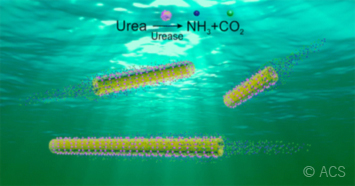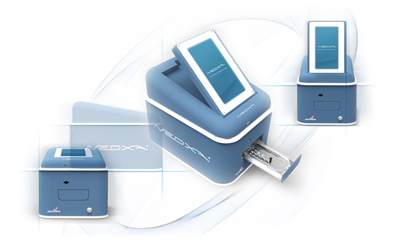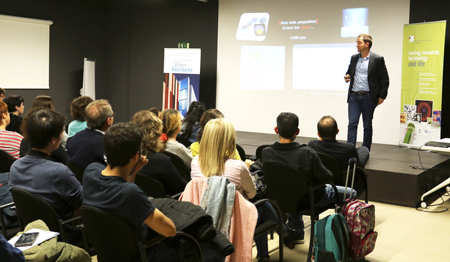Communications and Administrative Manager for Knowledge Innovation Community
 Application Deadline: 31/12/2016
Application Deadline: 31/12/2016
Ref: AM-MP
The Institute for Bioengineering of Catalonia (IBEC) is looking for a Communications and Administrative Manager to support the Spanish Health Knowledge and Innovation Community (KIC) for healthy lifestyle and active aging of EIT Health. The position is funded by the Acciones de dinamización “Redes de Excelencia” 2015 of the – Ministerio de Economía y Competitividad (MINECO).









